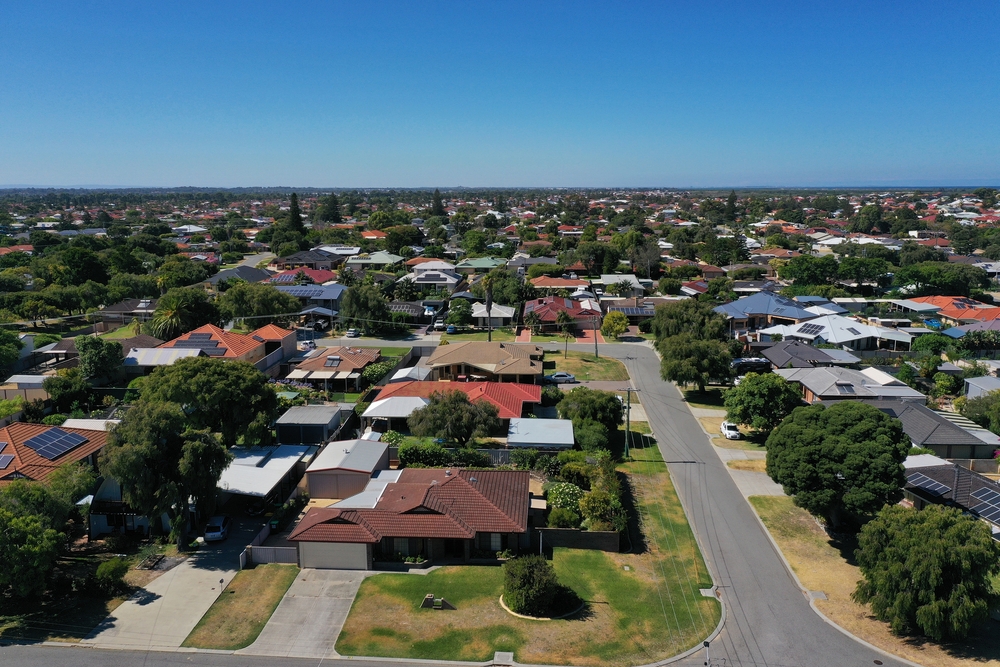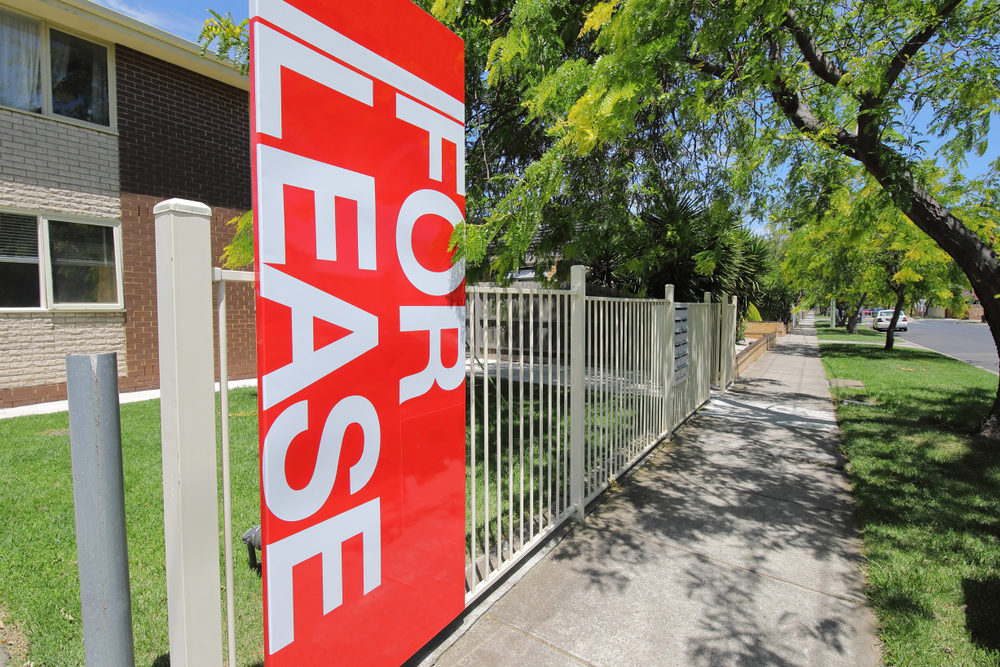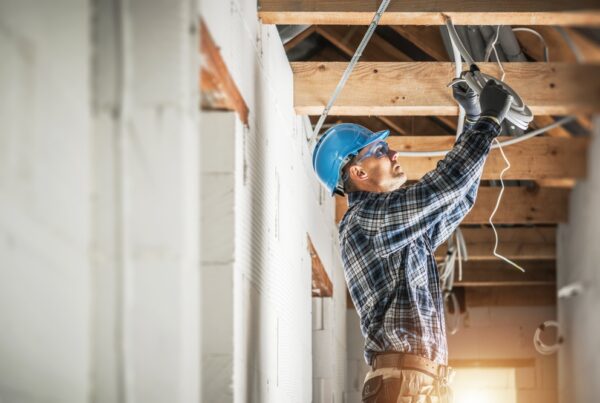New rental reforms and increased property taxes prove that State Governments fail to understand one of the underlying causes of the current rental crisis – reduced property investor appetite, according to the Real Estate Buyers Agents Association of Australia (REBAA).

Over recent weeks, the Queensland Government announced the second stage of its rental reforms, including limiting rent increases at a time of sky-high mortgage repayments, while the New South Wales Government has frozen its land tax threshold, which will ultimately cost investors billions of dollars, and proposed to remove No Grounds Evictions in tenancies, too.
The Victorian Government has also instigated a plethora of rental reforms as well as lowered the land tax threshold that will result in hundreds of thousands of investors paying more tax.
REBAA Vice President Zoran Solano said the plethora of new rental reforms as well as increased property taxes proved that State Governments had no idea how to fix the current rental crisis.
“There is no question that the rental crisis is entrenched around the nation,” Mr Solano said.
“Nationally, the vacancy rate has been hovering around one per cent for more than two years now, which is not only unprecedented but also not budging.
“Yet, state governments continue to believe it’s a sound idea to push ahead with restrictive rental reforms and higher property investor taxes at a time when rental
markets are severely undersupplied.”
Mr Solano, who is based in Brisbane, said the situation in Queensland was particularly dire with rent increase limits being applied retrospectively as well as minimum housing standards proving to be costly for some investors.
“Of course, investors are committed to providing safe and habitable dwellings for their tenants,” he said.
“But the cost of these new requirements is just another financial outlay that some investors are struggling to afford at a time when their mortgage repayments have often more than doubled under the current interest rate environment.
“For many investors, they simply can’t afford to continue to hold their investment properties and are making the difficult decision to sell instead.”
Mr Solano said the exodus of property investors had been a common trend around the nation since the pandemic, which pre-dated rising interest rates.
“State Governments have relied on investors to provide the majority of rental housing for more than two decades now,” he said.
“After the pandemic, though, many decided to exit the market so there are simply not enough rental dwellings available for tenants to lease.
“Now, we have a much higher interest rate environment as well, which has prompted many investors to sell up because they can’t afford the negative cash flow.”
Mr Solano said until such a time as interest rates reduce dramatically or governments start to treat investors with respect, then the rental crisis will continue.
“Now is not the time to announce new anti-investor policies or higher property taxes,” he said.









